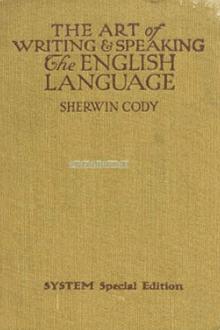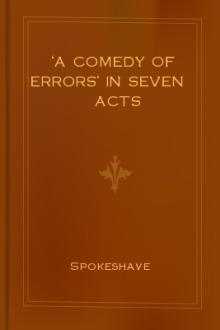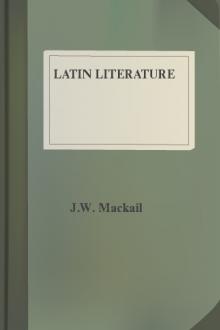Select Epigrams from the Greek Anthology
Select Epigrams from the Greek Anthology
Book Excerpt
Dübner in Didot's /Bibliothèque Grecque/ (Paris, 1864), in
two volumes, with a revised text, a Latin translation, and additional
notes by various hands. The epigrams recovered from inscriptions have
been collected and edited by G. Kaibel in his /Epigrammata Graeca ex
labidibus conlecta/ (Berlin, 1878). As this book was going through the
press, a third volume of the Didot Anthology has appeared, edited by
M. Ed. Cougny, under the title of /Appendix nova epigrammatum veterum
ex libris at marmoribus ductorum/, containing what purports to be a
complete collection, now made for the first time, of all extant
epigrams not in the Anthology.
In the notes, I have not thought it necessary to acknowledge, except here once for all, my continual obligations to that superb monument of scholarship, the commentary of Jacobs; but where a note or a reading is borrowed from a later critic, his name is mentioned. All important deviations from the received text of the Anthology are noted, and referred to their author in each case; but, as this is not a critical edition, the received text, when retained, is as a rule printed without comment where it differs from that of the MSS. or other originals.
The references in the notes to Bergk's /Lyrici Graeci/ give the pages of the fourth edition. Epigrams from the Anthology are quoted by the sections of the Palatine collection (/Anth. Pal./) and the appendices to it (sections xiii-xv). After these appendices follows in modern editions a collection (/App. Plan./) of all the epigrams in the Planudean Anthology which are not found in the Palatine MS.
I have to thank Mr. P. E. Matheson, Fellow of New College, for his kindness in looking over the proofsheets of this book.
INTRODUCTION
I
The Greek word "epigram" in its original meaning is precisely equivalent to the Latin word "inscription"; and it probably came into use in this sense at a very early period of Greek history, anterior even to the inventi
FREE EBOOKS AND DEALS
(view all)Popular books in Poetry, Language
Readers reviews
0.0
LoginSign up
Be the first to review this book

 Free Download
Free Download



























